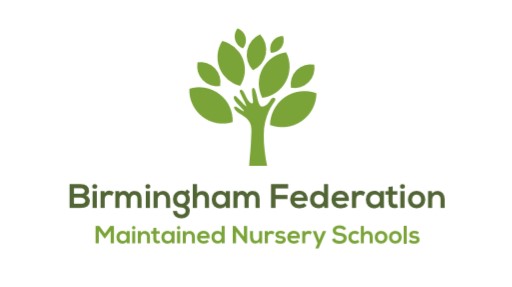Early Years Pupil Premium
The purpose of EYPP is to improve the educational outcomes of socio-economically disadvantaged children who are eligible for free early years entitlements in an early years setting.
Eligibility
Children are eligible for EYPP if they receive at least one hour of free early years entitlements provision and their parent or carer receives one or more of the following benefits:
• Income Support
• income-based Jobseeker’s Allowance
• income-related Employment and Support Allowance
• support under part 6 of the Immigration and Asylum Act 1999
• the guaranteed element of Pension Credit
• Child Tax Credit if the parent or carer is not also entitled to Working Tax Credit and has an annual gross income of less than £16,190
• Working Tax Credit run-on, which is paid for 4 weeks after a claimant stops qualifying for Working Tax Credit
• Universal Credit, if the parent or carer’s annual net household income is less than £7,400, not including any benefits
• If the child was formerly looked after by a local authority in England or Wales through adoption, a special guardianship order or a child arrangements order, they are also eligible.
Use of EYPP funding
Early years settings should ensure EYPP funding is used to improve educational outcomes for disadvantaged children by spending on activities, staff training and resources that specifically impact educational outcomes for disadvantaged children. They should plan EYPP spending based on consideration of well-evidenced approaches such as professional development for staff, which may benefit all children while providing the greatest benefit to disadvantaged children.
Early years settings should spend EYPP funding in full within the academic year for which it has been allocated. The school takes a balanced approach, using EYPP to:
• develop quality practice
• tailor personalised support
• lead, plan and sustain a strategy
Annual Early Years Pupil Premium Strategy
Pupil Premium Funding is additional funding used for those children who are considered to be at a disadvantage. These children are pupils who either claim or have claimed free school meals at any point in the last six years (referred to as Ever 6 children) and pupils in care (referred to as LAC - Looked After Children or CIC -Children in Care) or who left care through adoption or another formal route (PLAC -Previously looked after children). National figures show that these groups of children do not achieve as well as their peers academically and the Pupil Premium Funding enables schools to put additional support in place in order to address any inequalities. All schools are tasked to diminish the difference between disadvantaged children and others in terms of attainment.
This year we will continue to use our artist in residence and creative interventions to close the attainment gaps for Pupil Premium children. More details about this strategy will follow when we have taken our base line assessments.
This provision is in continuous review but is formally reflected upon and reviewed on a termly basis in line with our pupil progress meetings.
You can read our Pupil Premium Strategy below:




